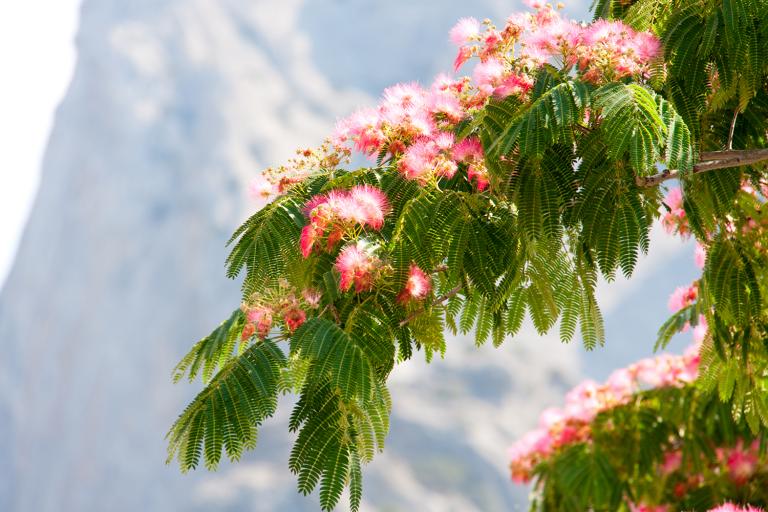An estimated 22 percent of Americans ages 18 and older — about one in five adults — suffer from a diagnosable mental disorder in a given year, according to the National Institute of Mental Health (NIMH). When extrapolated to the total U.S. population, this translates to 44.3 million people.
Of these, approximately 35 million suffer from depression severe enough to warrant treatment at some time in their lives, while almost 20 million suffer from anxiety disorders. The two often occur side by side. The even sadder news is that approximately 1 percent of preschoolers, 2 percent of school-aged children, and 5 to 8 percent of adolescents suffer from a major depressive disorder. The problem is significant.
Conventional Anti-Depressants & Risks
Depressive disorders may be further compounded by some conventional pharmaceuticals, which may increase the risk of suicide in those taking these drugs. Such a concern recently arose with the antidepressant drug Paxil regarding its potential to increase the rate of suicide in children and adults. After receiving reports of increased suicides linked to the use of this drug, the Food and Drug Administration (FDA) conducted their own review of the reports for antidepressants overall and concluded that “suicidal thinking or behavior may increase in pediatric patients treated with any type of antidepressant, especially early in treatment.” They further report that this may affect as many as 1 out of every 50 children taking conventional antidepressants. If medication has the capacity to increase suicide potential further, it is clear that alternatives are needed.
Herbal Solutions for Anxiety & Depression
Botanicals have long been used to enhance mental health. In ancient China, the supreme tonifier Ganoderma lucidum, more popularly known as reishi mushroom, was used by Taoist priests to help promote mental calmness and to improve meditative practices. In ancient times, a common name of St. John’s wort included fuga demonum, which means the devil’s scourge — alluding to its use to rid one of demonic possession, possibly an early description of depression. Of the delightfully aromatic Melissa officinalis, Paracelsus wrote that lemon balm “doth maketh the heart merry,” referring to its ability to uplift the spirits. Whether someone desires to relieve depression and anxiety or simply improve mental health, the herbal kingdom has much to offer.
Albizia, Tree of Happiness
A little known Asian herb, Albizia julibrissin, may spell relief for millions of those suffering from anxiety and depression. Some gardeners know albizia by its more common name of mimosa, the beautiful tropical ornamental tree that produces fine red filamentous flowers in the summer. Herbalist Michael Tierra, LAc, author of the best-selling herbal The Way of Herbs, can be credited with increasing awareness of the benefits of this important botanical based on positive findings in his clinical practice.
In ancient traditional Chinese literature, use of albizia was linked with “the happiest of results: promoting joy, assuaging sorrow, brightening the eye, and giving the desires of the heart.” In more modern times, albizia belongs to a class of botanicals that “nourish the heart and calm the spirit.” This statement has more significance than meets the eye.
In Chinese medical philosophy—the truth of which has been borne out in the clinical experience of many practitioners — a profound connection exists between the health of the heart and the mind. Chinese medical practitioners do not consider these organs to be separate but intimately connected, the health of one affecting the other. This is evidenced in everyday life when mental anxiety leads to heart palpitations, and mental stress produces a racing heart or high blood pressure.
Both the flowers and bark of albizia are recommended for promoting mental health, relieving anxiety, as a sedative to help sleeping, and — most specifically — to treat irritability due to constrained emotions. While there has not been a great deal of scientific research on this beautiful botanical, what there is provides some evidence as to why it might work.
Albizia's Promising Research for Anxiety & Depression
Two flavonol glycosides, quercitrin and isoquercitrin, found in albizia possess sedative qualities. While sedative activity cannot be considered responsible for all of the reported benefits of albizia in lifting the spirits, it may explain its antianxiety effects.
Animal studies on a closely related species (Albizia inopinata) show its potential as a relaxant and antispasmodic. While this latter finding cannot be automatically extrapolated to other species of albizia, many similar species possess similar compounds and activities.
Modern herbalists like Tierra attest to albizia’s amazing clinical efficacy in lifting the spirits and relieving depression. With clinical use, this herb holds real promise for calming anxiety and relieving depression safely.
The literature reports no adverse effects. The typical dosage is 3 to 6 grams equivalent daily, used as a powder, tea, or tincture.

